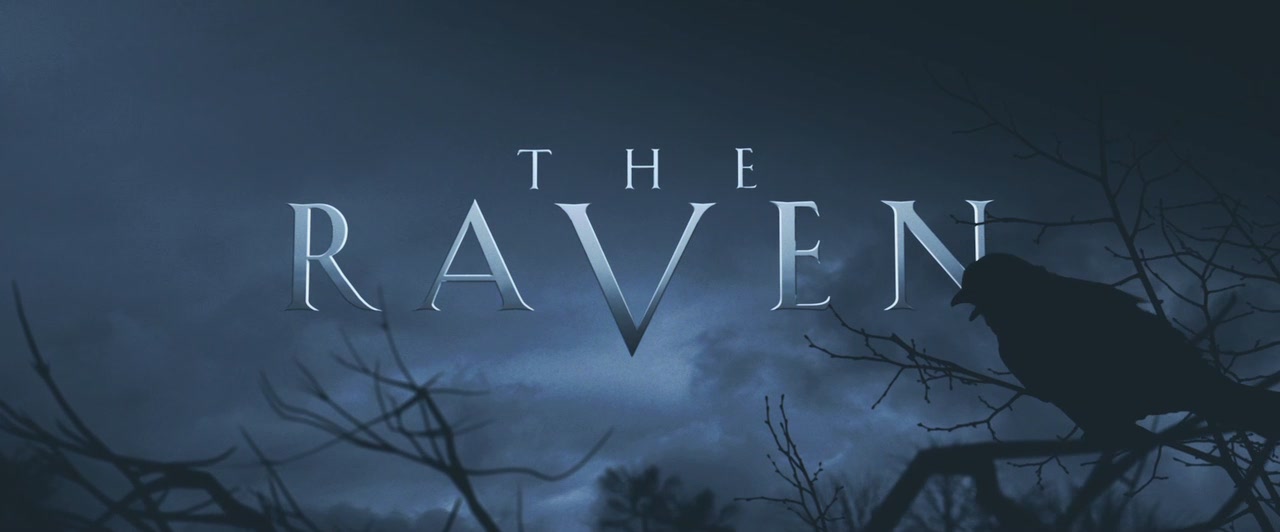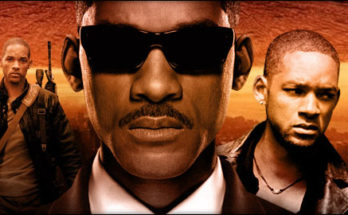Directed by James McTeigue
Screenplay by Ben Livingston and Hannah Shakespeare
Starring John Cusack (Edgar Allan Poe), Alice Eve (Emily Hamilton), Luke Evans (Inspector Emmett Fields)
True! Nervous – very, very dreadfully nervous I had been and am; but why will you say that I am mad? The disease had sharpened my senses -not destroyed – not dulled them. Above all was the sense of hearing acute. I heard all things in the heaven and in the earth. I heard many things in hell. How, then, am I mad? Hearken! And observe how healthily – how calmly I can tell you the whole story.
Edgar Allan Poe – “The Tale-Tell Heart” (1843)
The above extract depicts the precise atmosphere of my imagined movie on the mastermind behind “The Tale-Tell Heart”: ominous, poetic and mystic. “The Raven” – a piece of fiction dealing with the mysterious death of Edgar Allan Poe – lives up to the expectations only partially. The fact that circumstances of the great writer’s death remain unknown to this day gives rise to most intriguing speculations so typical of human nature. For me, the movie is not nearly as bad as most viewers think. The reason probably lies in the fact that I am a huge fan of Poe’s and that any attempt at imaginative fiction dealing with the unknown (especially if entwined with Poe’s fiction) is welcome. Though it lacks the unpredictability of a truly genuine plot, the movie’s macabre atmosphere does give the inside-the-story impression.
Both John Cusack and Luke Evans are up to the task. Cusack has a proven background in portraying emotional characters, which Poe undoubtedly was. I particularly like the touch of doom that encircles the “poor soul” of the unhappy writer, which Cusack brings to new levels. Like D. H. Lawrence wrote on Poe in “Studies in Classic American Literature” (1924):
“He was an adventurer into the vaults and cellars and horrible underground passages of the human soul. He sounded the horror and the warning of his own doom.”
Cusack’s concept of the writer’s doom is acceptable for far wider audiences than the fans alone. The plot relies greatly on Poe’s works; no much room for failures therefore.
The movie is conceptualized as a detective story, opening with the plot of “The Murders in the Rue Morgue”. An unknown murderer is loose in Maryland, mimicking the crimes described in the novel. Having been asked by Inspector Emmett Fields (Luke Evans) to help with the investigation, Poe engages in what evolves to be a series of crimes inspired by his stories. The feud between Rufus Griswold and Poe is nicely implemented in the plot and introduced is a fictional post-Virginia love of Poe’s, Emily Hamilton. Emily’s father (Captain Hamilton) is, to say it mildly, opposed to their relationship. The Captain is a harsh man who doesn’t shy away from physical violence. As the lovers discuss announcements for their marriage, the murderer continues his quest.
The next victim is none less than Griswold himself, the murder resembling a scene from “The Pit and the Pendulum”. Poe and Fields discover a red demon mask at the crime scene, concluding, inevitably, that the next novel to spring to life must be “The Masque of the Red Death”. Coincidentally, Captain Hamilton’s annual masquerade ball is to take place in the following days and Fields assigns several members of the Baltimore Police to look for the murderer, since Captain Hamilton refuses to cancel the ball. A masked horseman does appear at the scene, but it turns out he was hired to entertain the guests and to deliver a note to Fields. During the distraction, however, Emily disappeared. Stumbling through the revived plots of “The Mystery of Marie Roget”, “The Cask of Amontillado” and “The Tell-Tale Heart”, Poe, Fields and Hamilton engage in the search for Emily. The task proves deadly for Poe but he, for once, manages to save the woman he loves.
During the unraveling of the plot, Hamilton realizes he was unfair to Poe and admits he should have cancelled the ball. A bit too much like a happy ending, but since Poe is one of the protagonists, the remark sounds like a cheap joke.



